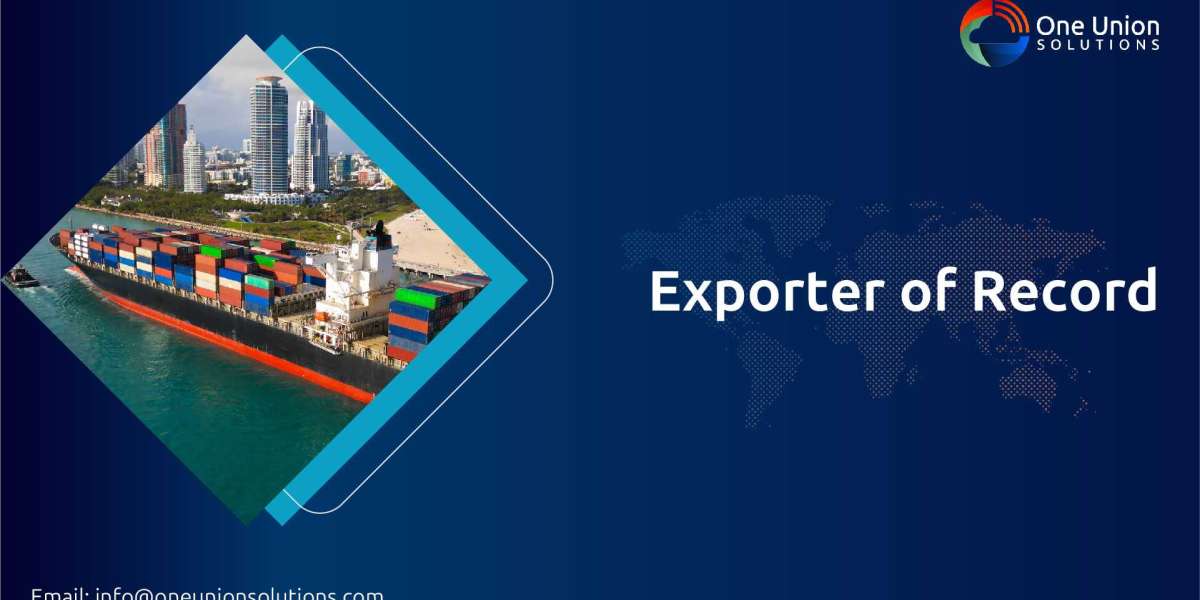When companies design and manufacture products in different regions, reliability is one of the most important factors. From telecom systems in the United States to industrial electronics in Asia, product failures create high costs and damage trust. Reliability consulting provides expert guidance that helps products meet performance expectations in both global and local markets.
What is Reliability Consulting?
Answer: Reliability consulting is a service that helps companies design, test, and manage products so they perform dependably over time. Consultants use tools like MTBF prediction, accelerated life testing, and standards compliance to reduce failures and improve product lifecycles.
1. Why Do Businesses Need Reliability Consulting?
Businesses rely on consultants for:
Meeting industry standards (Telcordia, ISO, MIL-HDBK-217, FIDES)
Reducing warranty claims and recalls
Strengthening customer trust
Designing for unique environments, such as high heat in the Middle East or humidity in Asia
This expertise fills gaps that internal teams may not have time or resources to cover.
2. How Does Reliability Consulting Improve Product Design?
Consultants analyze materials, electronics, and operating environments to predict weaknesses. For example:
North America: Telecom equipment is checked for compliance with Telcordia SR-332.
Europe: Consumer products are tested against ISO and FIDES requirements.
Asia: Devices are evaluated for performance in humid climates.
By identifying risks early, companies reduce redesign costs and prevent failures.
3. What Industries Benefit Most?
Reliability consulting supports multiple sectors worldwide:
Telecommunications: routers, switches, and 5G equipment
Consumer electronics: smartphones, laptops, and wearables
Automotive: sensors, ECUs, and infotainment systems
Medical devices: diagnostic and monitoring equipment
Industrial systems: sensors, controllers, and robotics
Any industry where downtime is costly gains measurable value.
4. How Does Reliability Build Customer Trust?
Answer: Customers are more likely to choose brands that deliver consistent performance. A reliable product reduces frustration, builds loyalty, and encourages repeat business. Reliability consulting provides measurable proof of performance, which boosts credibility across competitive markets like the U.S., Europe, and Asia.
5. What Standards Are Used in Reliability Consulting?
The most common global and regional standards include:
Telcordia SR-332: widely used in North America telecom
MIL-HDBK-217: for military and aerospace systems
FIDES Guide: common in European industries
ISO standards: global compliance for industrial and consumer products
Consultants help ensure compliance, saving businesses time and reducing approval risks.
6. What Are the Long-Term Business Benefits?
Lower warranty and repair costs
Faster approval in regulated industries
Stronger brand reputation across regions
Market adaptability with products built for local conditions
Answer: Reliability consulting is not just a technical service. It is a long-term strategy that helps businesses compete globally while meeting local needs.
Final Thoughts
Reliability consulting brings together engineering expertise, global standards, and local market knowledge. Whether your focus is North America, Europe, Asia, or the Middle East, consultants help products last longer, perform better, and build stronger trust with customers.







